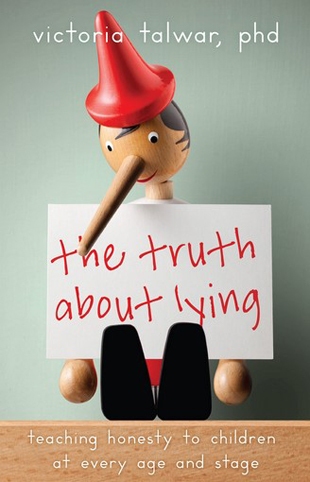“We lie for a variety of reasons. Our lies can be motivated by more than one reason, and the motivations can overlap. For instance, a teenager who lies about where they were after school may be motivated to lie to prevent negative consequences, such as getting into trouble with their parent, but also to avoid their parents’ disappointment or disapproval. The lie could also be motivated by impression management concerns and the desire to appear 'good' in their parents’ eyes. A child who lies about cheating on a test may fear both punishment and loss of reputation. On receiving an undesirable gift, an adult may lie and say they like the gift to prevent harming the other person’s feelings, to not appear rude, and to avoid the person’s negative reaction if they told the truth. Lies can be told to accomplish multiple goals and serve multiple motivations.
“In general, these motivations are the same for both adults and children. We lie to help protect our self-interests, to get things we want, or to make others like us or think highly of us. Knowing these motivations can help us understand why our children lie. It helps us to reflect on our own behavior and why our 'default' to tell the truth can be overruled by stronger motivations. By considering the motivations that prompt dishonesty, we are better able to deal with the behavior, tailor our reactions to our children’s dishonesty, and create conditions to foster their honesty.”
